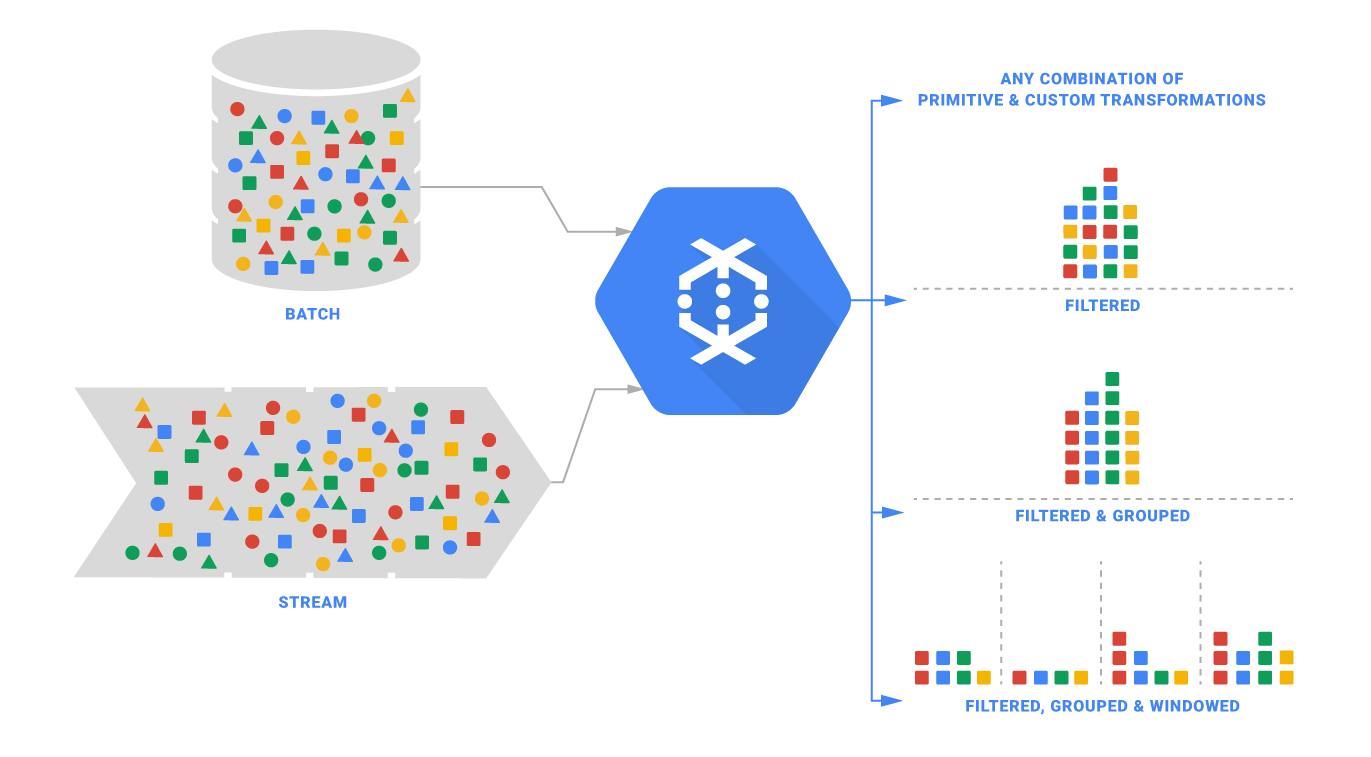Data Engineering: The foundation for an effective data infrastructure
Published

Data engineering is a crucial aspect in the world of data analysis and data management. It is the process of constructing, maintaining and optimizing a robust data infrastructure that enables companies to efficiently capture, store and process large amounts of data.
The role of data engineering

Those : stock.adobe.com
Data engineering plays a central role in providing a solid foundation for data-driven decisions. It deals with integrating different data sources, building data pipelines, data cleansing and transformation, and ensuring data quality. Data engineers also develop scalable architectures and deploy technologies to enable access to data.
The importance of data infrastructure
An effective data infrastructure is essential to manage the entire data lifecycle. It provides a structured and organized environment in which data can be captured, stored, transformed and analyzed. A solid data infrastructure enables companies to conduct responsive analysis, make informed decisions, and develop data-driven strategies.
Data integration and processing

Those : softwebsolutions.com
Data integration is a critical step in data engineering. It involves bringing together data from various sources, such as internal systems, external data feeds and cloud services. Data engineers design data pipelines to seamlessly ingest, transform and put data into the desired format. This process allows companies to get a consolidated view of their data.
Scalable data architectures
Data engineers design scalable data architectures to meet increasing data processing and storage needs. By using cloud computing platforms and big data technologies, they can develop flexible and cost-effective solutions. Scalable data architectures enable companies to keep pace with data growth and ensure high data processing performance.
Data quality and security

Those : coursera.org
Ensuring data quality and security is another important aspect of data engineering. Data engineers implement data monitoring and quality assurance mechanisms to ensure that it is consistent, complete and accurate. They also implement security measures to protect data from unauthorized access and data breaches.
Future prospects of data engineering
With the constant growth of data and the emergence of new technologies, data engineering practices are becoming increasingly important. The future of data engineering lies in automation and the use of artificial intelligence to optimize complex data processing and analysis tasks. Data engineers will increasingly rely on tools and frameworks to help them create and manage data pipelines more efficiently. In addition, the integration of real-time data streams and streaming analytics will play an increasingly important role. Data engineers will be able to collect, process and derive insights from data in real-time to make quick, data-driven decisions. Another emerging area in data engineering is data management in the cloud. By switching to cloud-based data infrastructures, companies can benefit from scalability, flexibility and cost efficiency. Data engineers will continue to develop their skills working with cloud platforms such as Amazon Web Services (AWS), Microsoft Azure and Google Cloud. In conclusion, data engineering plays a key role in creating an effective data infrastructure. Data engineers ensure that companies have the right tools, technologies and architectures to efficiently collect, store and process data. With the right data engineering practices, companies can make the most of their data to make informed decisions and gain a competitive advantage.
Conclusion
Data engineering is an indispensable part of an effective data infrastructure. It deals with integrating, processing and managing data to generate valuable insights. Data engineers play a critical role in designing scalable data architectures, ensuring data quality and security, and deploying data pipelines and tools. By using data engineering practices, companies can make the most of their data and make data-driven decisions. The future of data engineering promises further developments and innovations to meet the growing demands for data processing and analysis.








